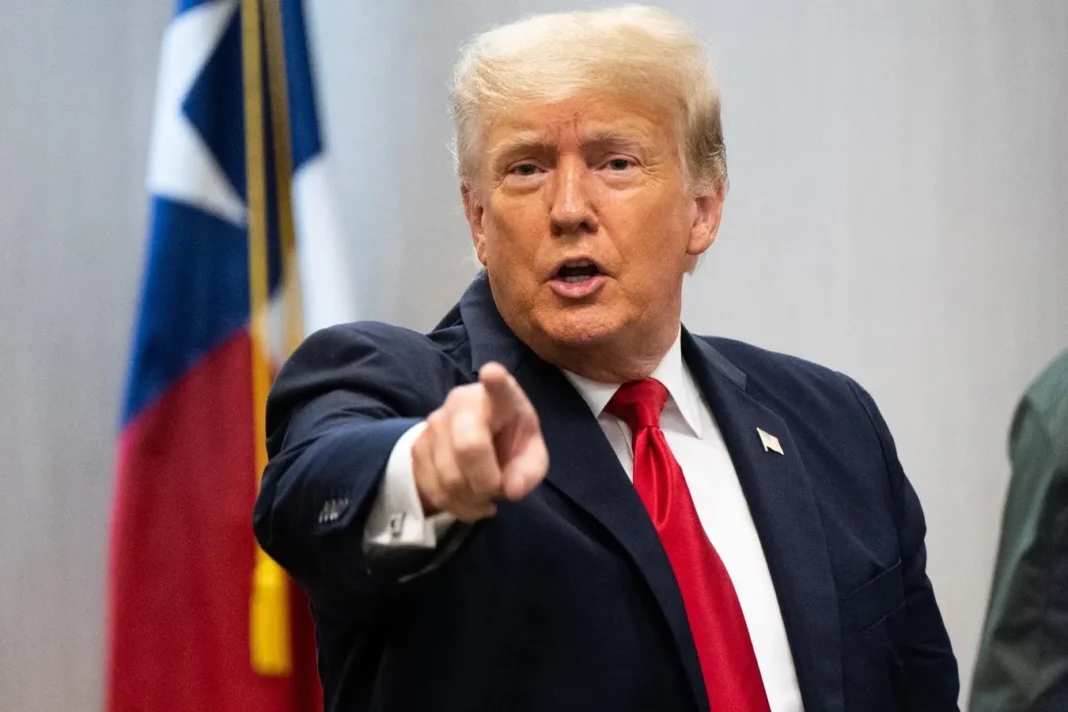U.S. President-elect Donald Trump has announced plans to impose a 25% tariff on all imports from Canada and Mexico, citing the need to tackle drug trafficking, particularly fentanyl, and illegal migration. The move, revealed Monday, underscores his “America First” agenda and could strain relationships with key trading partners.Set to assume office on January 20, 2025, Trump stated that the tariffs would remain until the two nations implement stricter controls on drugs and migration. “On January 20th, as one of my many first Executive Orders, I will sign all necessary documents to charge Mexico and Canada a 25% Tariff on ALL products coming into the United States, and its ridiculous Open Borders,” Trump posted on Truth Social.

This policy would violate the principles of existing free-trade agreements like the United States-Mexico-Canada Agreement (USMCA). However, Trump remains resolute, framing the tariffs as essential to addressing U.S. border security concerns.
Trump’s announcement comes despite recent successes in reducing illegal border crossings under President Joe Biden, whose administration implemented stricter border controls and received increased enforcement support from Mexico.
Canada and Mexico, the United States’ largest trading partners, stand to face significant economic impacts if the tariffs are implemented. In 2023, over 83% of Mexico’s exports and 75% of Canada’s exports were destined for the U.S.
Canadian Prime Minister Justin Trudeau and Trump had a “good discussion” following the announcement and agreed to maintain communication, according to a senior Canadian government official.
Trump also took aim at China, promising an additional 10% tariff on its imports. This marks one of his most explicit statements since his election victory on November 5, signaling a more aggressive economic stance against global trading partners.
The proposed tariffs have sparked concerns about potential trade wars, as businesses and policymakers weigh the broader economic ramifications of Trump’s plans.

